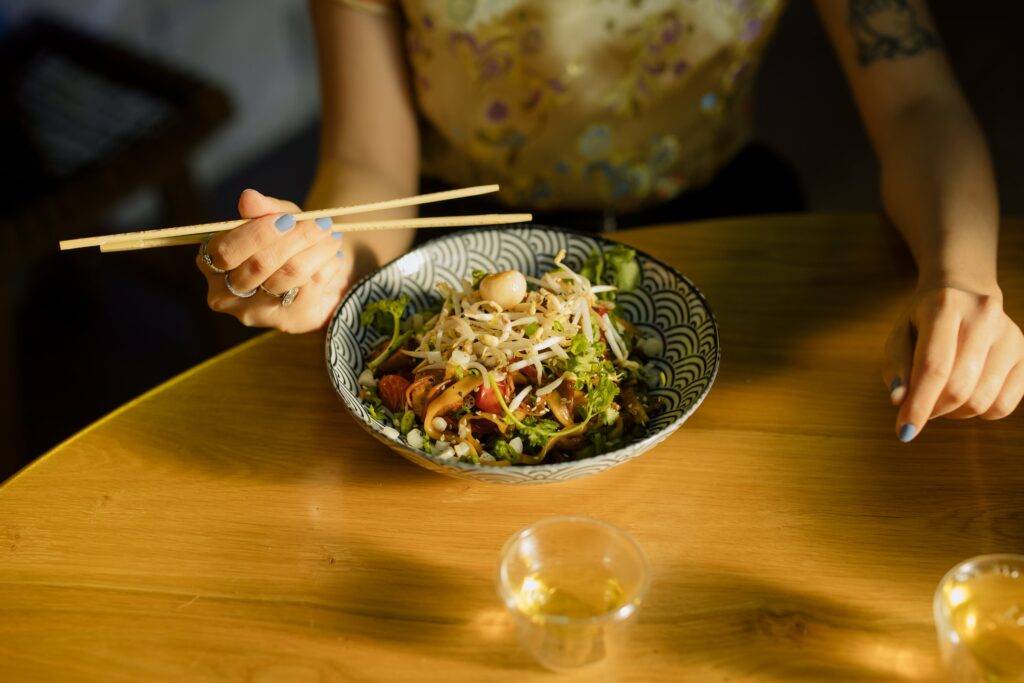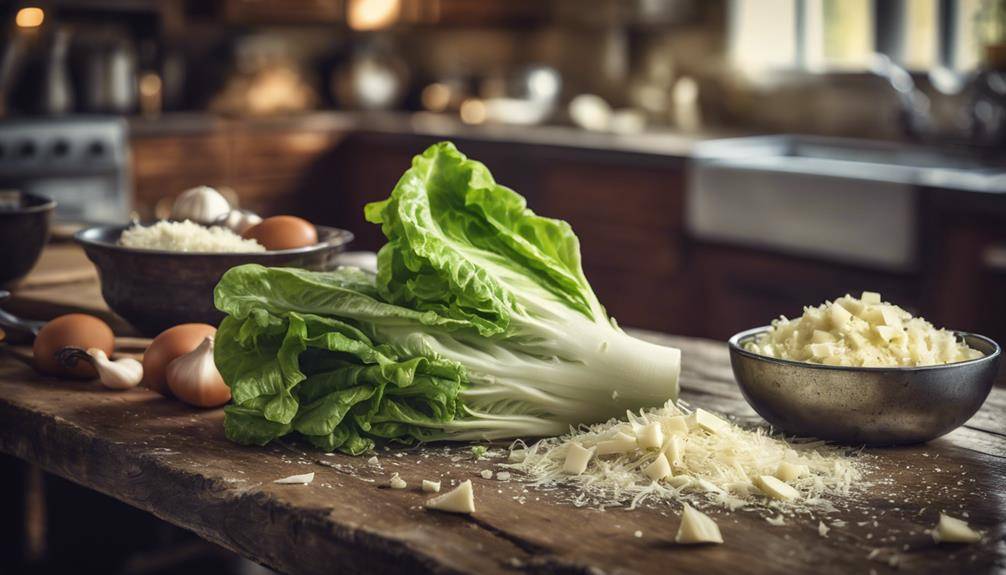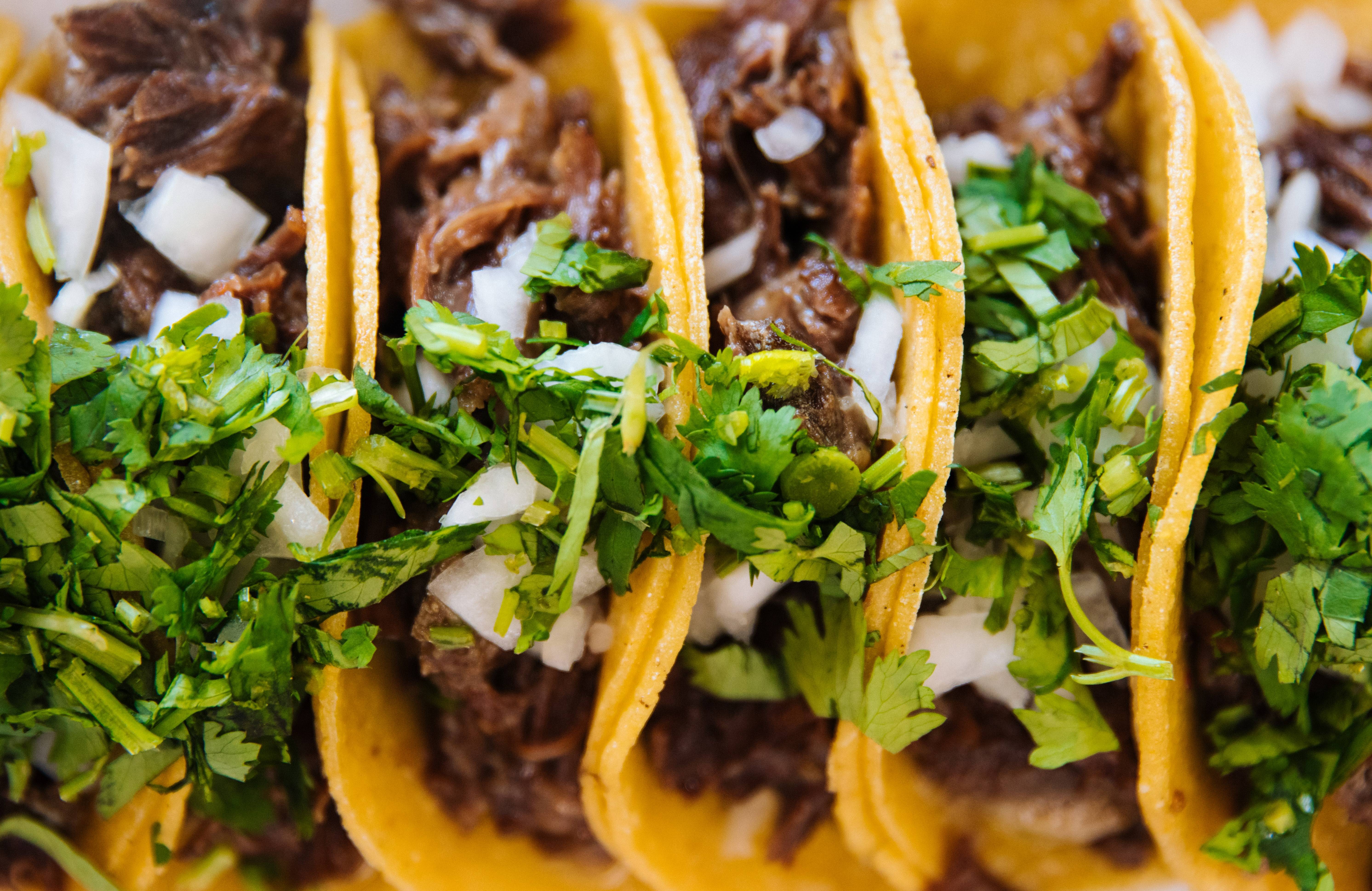The Best Chinese Cuisine For Gluten-Free Diets

Chinese Cuisine For Gluten-Free Diets; Are you following a gluten-free diet and craving Chinese cuisine? Look no further! In this guide, we’ll explore the delicious world of Chinese cuisine designed specifically for those with gluten sensitivities. From traditional gluten-free dishes to alternatives for popular favorites, we’ve got you covered. We’ll also show you how to navigate the menu to find gluten-free options and introduce you to gluten-free sauces, condiments, soups, and desserts. So, whether you’re dining out or cooking at home, you can still enjoy the flavors of Chinese cuisine while sticking to your gluten-free lifestyle. Get ready to embark on a mouthwatering journey through Chinese cuisine tailored just for you!
Traditional Chinese Gluten-Free Dishes
Are you wondering which traditional Chinese dishes are gluten-free? Well, you’re in luck! Traditional Chinese cuisine offers a variety of gluten-free options that you can enjoy without worrying about any gluten-related issues. From gluten-free dumpling wrappers to gluten-free dim sum options, you’ll find plenty of delicious dishes to satisfy your cravings.
When it comes to dumplings, one of the most popular Chinese dishes, you might be concerned about the gluten content in the wrappers. However, there are gluten-free alternatives available. Rice paper is often used as a substitute for traditional wheat-based dumpling wrappers, making them safe for those following a gluten-free diet. These gluten-free dumpling wrappers are just as tasty and can be filled with various fillings such as pork, shrimp, or vegetables.
If you’re a fan of dim sum, you’ll be happy to know that there are gluten-free options available as well. Many dim sum dishes, like steamed or stir-fried vegetables, seafood, and tofu, are naturally gluten-free. However, it’s important to ensure that the sauces used in these dishes are also gluten-free. Soy sauce, a commonly used condiment in Chinese cuisine, contains gluten. So, be sure to ask for gluten-free soy sauce or opt for gluten-free dim sum options that use alternative sauces.
Gluten-Free Alternatives for Popular Chinese Dishes
Looking for gluten-free alternatives for your favorite Chinese dishes? Look no further! Two key points to consider are finding soy sauce substitutes and noodle replacements. By exploring these options, you can still enjoy the flavors and textures of popular Chinese dishes while adhering to a gluten-free diet.
Soy Sauce Substitutes
To make popular Chinese dishes gluten-free, you can easily substitute soy sauce with gluten-free alternatives. One such alternative is gluten-free tamari, which is made from fermented soybeans and has a similar flavor profile to soy sauce. It is widely available in most grocery stores and can be used as a 1:1 replacement for soy sauce in recipes.
Another option is to make homemade soy sauce alternatives using ingredients like coconut aminos, which are derived from the sap of coconut blossoms, or liquid aminos, which are made from fermented soybeans. These alternatives provide a similar umami flavor and can be used in stir-fries, marinades, and dipping sauces. By using these gluten-free soy sauce substitutes, you can enjoy your favorite Chinese dishes without compromising on taste or dietary restrictions.
Noodle Replacements
For gluten-free alternatives to traditional noodles in popular Chinese dishes, you can try using rice noodles or zucchini noodles. Rice noodles are made from rice flour and are naturally gluten-free. They have a similar texture to traditional wheat-based noodles and can be used in a variety of dishes, such as stir-fries, soups, and noodle salads. Rice noodles are widely available in Asian grocery stores and can also be found in the international section of many supermarkets.
Another option is zucchini noodles, also known as “zoodles.” These are made by spiralizing zucchini into thin, noodle-like strands. Zucchini noodles are a low-carb and gluten-free alternative to traditional pasta, and they can be used in Chinese dishes such as lo mein or chow mein. They are a great way to add extra vegetables to your meal while still enjoying the flavors of Chinese cuisine.
Navigating the Menu for Gluten-Free Options
When ordering at a Chinese restaurant, you can easily find gluten-free options by asking about the ingredients of each dish. Gluten-free dining etiquette involves being informed about the potential cross contamination risks and taking necessary precautions. Chinese cuisine offers a wide variety of dishes that can be made gluten-free, but it’s important to navigate the menu carefully to ensure a safe dining experience.
One of the first things you can do is inform the server or waiter about your dietary restrictions. They can guide you through the menu and recommend gluten-free options. However, it’s important to keep in mind that communication about gluten-free needs may be challenging in some Chinese restaurants, as English may not be their first language. In such cases, it can be helpful to carry a gluten-free dining card that clearly explains your dietary requirements in Chinese characters.
When looking at the menu, pay attention to dishes that are naturally gluten-free, such as steamed vegetables, seafood, and grilled meats. Stir-fried dishes can also be a good option, as long as you confirm that they are prepared without soy sauce or any other gluten-containing ingredients. Additionally, rice and rice noodles are typically safe choices, but it’s always a good idea to double-check if they have been cooked separately to avoid cross contamination.
It’s important to be cautious when ordering dishes like dumplings, spring rolls, and deep-fried items, as they are often made with wheat flour. To enjoy these dishes without gluten, ask if they can be made with rice paper or gluten-free flour alternatives. However, keep in mind that there is still a risk of cross contamination in the kitchen, so it’s best to exercise caution and ask the staff about their preparation methods.
Gluten-Free Sauces and Condiments in Chinese Cuisine
You can find gluten-free sauces and condiments in Chinese cuisine that add flavor to your dishes while adhering to your dietary restrictions. Chinese cuisine is known for its variety of sauces and condiments that enhance the taste of the dishes. When following a gluten-free diet, it is important to be cautious of the ingredients used in these sauces and condiments, as some may contain gluten. However, there are several gluten-free options available that you can enjoy without compromising your dietary needs.
One popular gluten-free sauce in Chinese cuisine is tamari sauce. This sauce is similar to soy sauce but is made without wheat, making it safe for those with gluten sensitivities. Tamari sauce can be used as a dipping sauce for gluten-free dim sum options such as steamed dumplings or spring rolls. It adds a savory and umami flavor to these dishes, enhancing your dining experience.
Another gluten-free option is hoisin sauce. This sauce is often used in Chinese BBQ dishes and is made from soybeans, garlic, vinegar, and various spices. Look for gluten-free versions of hoisin sauce, as some brands may contain wheat. You can use hoisin sauce as a marinade for gluten-free Chinese BBQ dishes like grilled meats or tofu, giving them a delicious and tangy flavor.
In addition to these sauces, there are also gluten-free condiments such as chili oil, oyster sauce, and black bean sauce that can be incorporated into your Chinese dishes. These condiments add depth and complexity to the flavors, making your meals more enjoyable.
When dining at a Chinese restaurant, it is always a good idea to communicate your dietary restrictions to the staff. They can guide you towards gluten-free options and help you make informed choices. By being aware of the gluten-free sauces and condiments available in Chinese cuisine, you can continue to enjoy the flavors and tastes of this rich culinary tradition while following your dietary restrictions.
Gluten-Free Chinese Soups and Broths
If you’re following a gluten-free diet, you can still enjoy a variety of flavorful Chinese soups and broths that are free from gluten-containing ingredients. Chinese cuisine offers a wide range of delicious soups and broths that can be easily made gluten-free. One popular dish is hot and sour soup, which traditionally contains ingredients such as tofu, mushrooms, bamboo shoots, and vinegar. To make it gluten-free, you can use gluten-free soy sauce and gluten-free rice vinegar. You can also add gluten-free wonton wrappers, which can be filled with ground meat or vegetables, to make it heartier.
Gluten-free wonton wrappers can be found in specialty stores or made at home using gluten-free flours. These wrappers can be used in various soups, such as wonton soup or dumpling soup. Simply fill the wrappers with your choice of fillings, such as ground meat or vegetables, and cook them in the soup until they are cooked through. The gluten-free wonton wrappers will add texture and flavor to the soup without compromising your dietary restrictions.
To make a gluten-free hot and sour soup, you can try the following recipe. In a pot, heat some oil and sauté garlic and ginger until fragrant. Then, add gluten-free chicken broth, gluten-free soy sauce, gluten-free rice vinegar, and gluten-free chili garlic sauce. Bring the mixture to a boil and add tofu, mushrooms, bamboo shoots, and any other desired ingredients. Simmer until the soup is heated through and the flavors are well-combined.
Gluten-Free Chinese Desserts and Snacks
Are you craving some delicious gluten-free Chinese desserts and snacks? Look no further! In this article, we will explore some mouthwatering options, including gluten-free mooncakes, sticky rice dumplings, and sesame balls. These traditional treats are not only tasty but also safe for those following a gluten-free diet. Get ready to satisfy your sweet tooth with these delectable Chinese delights.
Gluten-Free Mooncakes
Indulge in the delectable flavors of gluten-free mooncakes, a must-try treat in Chinese cuisine for those with dietary restrictions. These mouthwatering treats come in a variety of gluten-free options, allowing you to enjoy the traditional taste without compromising your health. Here are five reasons why gluten-free mooncakes are a delightful addition to any gluten-free diet:
- Traditional flavors: Gluten-free mooncakes are available in classic flavors like lotus seed paste, red bean, and black sesame, ensuring you don’t miss out on the authentic taste.
- Health-conscious: Made with gluten-free ingredients, these mooncakes are suitable for individuals with gluten intolerance or celiac disease who want to enjoy a traditional Chinese dessert.
- Cultural significance: Mooncakes hold immense cultural significance in Chinese culture, particularly during the Mid-Autumn Festival. By offering gluten-free options, everyone can partake in this important celebration.
- Beautiful craftsmanship: Gluten-free mooncakes are delicately designed with intricate patterns and motifs, making them a visual feast as well.
- Perfect gift: Share the joy of gluten-free mooncakes with your loved ones, as they make excellent gifts during festive occasions.
Enjoy the rich flavors and cultural experience that gluten-free mooncakes bring to your gluten-free diet.
Sticky Rice Dumplings
Continue your exploration of gluten-free Chinese desserts and snacks with the delightful and satisfying Sticky Rice Dumplings. These traditional treats, also known as Zongzi, are made by wrapping glutinous rice in bamboo leaves and steaming them until they become soft and sticky. Sticky Rice Dumplings come in various delicious variations, with fillings such as pork, red bean paste, or even salted egg yolks. Not only are these dumplings gluten-free, but they also offer several health benefits.
The sticky rice used in these dumplings is a good source of carbohydrates and fiber, providing sustained energy and promoting digestive health. Additionally, the fillings can provide protein, vitamins, and minerals, depending on the ingredients used. So, indulge in these gluten-free Sticky Rice Dumplings and enjoy their flavorful taste while reaping their nutritional benefits.
Sesame Balls Recipe?
To make gluten-free Chinese desserts and snacks, try making Sesame Balls, a delicious treat that builds upon the previous subtopic of Sticky Rice Dumplings. Sesame Balls, also known as Jian Dui, are a popular Chinese dessert made with glutinous rice flour and filled with sweet fillings like red bean paste or lotus seed paste. Here are some variations and tips for making perfect sesame balls:
- Traditional Sesame Balls: These are filled with sweet red bean paste and coated in sesame seeds.
- Matcha Sesame Balls: Add matcha powder to the dough for a unique green color and flavor.
- Peanut Sesame Balls: Use peanut butter as a filling for a nutty twist.
- Chocolate Sesame Balls: Fill the sesame balls with chocolate ganache for a rich and indulgent treat.
- Tips for Making Perfect Sesame Balls: Make sure the dough is soft and pliable, and seal the edges well to prevent the filling from leaking during frying.
Enjoy these gluten-free Chinese desserts and snacks as a delightful treat!
Conclusion: Chinese Cuisine For Gluten-Free Diets
In conclusion, there are plenty of gluten-free options available in Chinese cuisine. Traditional dishes like stir-fried vegetables and steamed fish are naturally gluten-free, while popular dishes like fried rice and dumplings can be made with gluten-free alternatives. When dining out, it’s important to communicate your dietary needs to ensure a safe and enjoyable meal. Additionally, there are gluten-free sauces, condiments, soups, and desserts available for those following a gluten-free diet. With some awareness and careful choices, you can still enjoy the flavors of Chinese cuisine while maintaining a gluten-free lifestyle.








